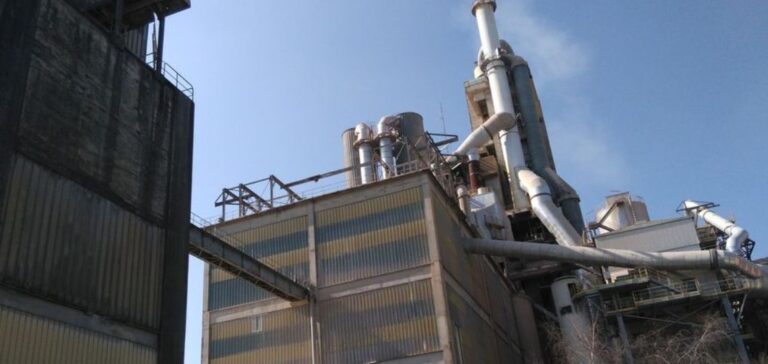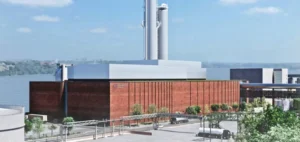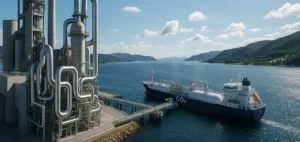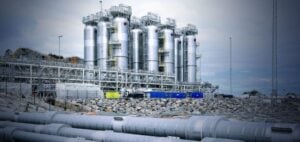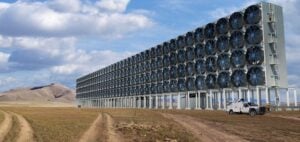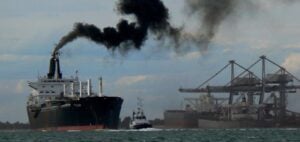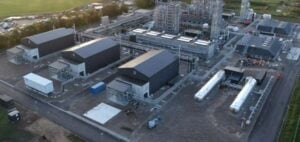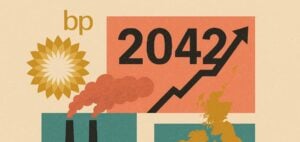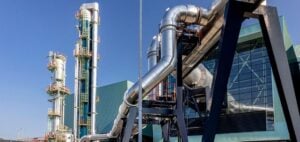Four manufacturers – TotalEnergies, Heidelberg Materials, Lafarge and Lhoist – and two gas operators, GRT gaz and Elengy, announced on Monday the launch of a “large-scale project” to capture CO2 at sites in western France for permanent geological storage.
Collective commitment: GOCO2 project partners prepare for decarbonization by 2030
The project, called GOCO2, is designed to enable manufacturers to “accelerate the decarbonization of industrial sites in Western France, in addition to actions to avoid and reduce CO2 emissions”. Supported by the Pays-de-la-Loire region and the Grand Port Maritime de Nantes-Saint-Nazaire, “it aims to develop an investment program for CO2 capture on industrial sites”, they add.
The project aims to transport CO2 “by pipeline to the Saint-Nazaire maritime export terminal for permanent geological storage, with an estimated capacity of 2.6 million tonnes per year by 2030”, say the project sponsors, without specifying the location of the storage areas.
“Convinced of the benefits of a collective approach, the partners in the GOCO2 project are preparing to jointly undertake the studies required for this decarbonization project scheduled for 2030”, they emphasize.
CO2 elimination on the front line: an essential solution for combating climate change
According to the industrialists, this decarbonation project, “the largest in western France in terms of the volume of CO2 captured and transported”, could “eventually transport and export up to 4 million tonnes of CO2 per year by 2050, i.e. more than 75% of industrial emissions in western France by that date”.
GOCO2, which benefits “in part from existing infrastructure at the Nantes-Saint Nazaire major seaport”, will “eventually be able to transport CO2 emissions from other industrial plants in the Grand-Ouest region, or biogenic CO2 from biomethane purification”, according to the press release.
Long seen as marginal, CO2 elimination measures are now considered a necessary tool in the fight against climate change by the Intergovernmental Panel on Climate Change (IPCC).
Last year, the IPCC report changed its mind about CO2 capture, stating that reducing greenhouse gas emissions would not be enough to meet the Paris Agreement targets by 2050. As global warming accelerates, CO2 will also have to be removed from the atmosphere.

